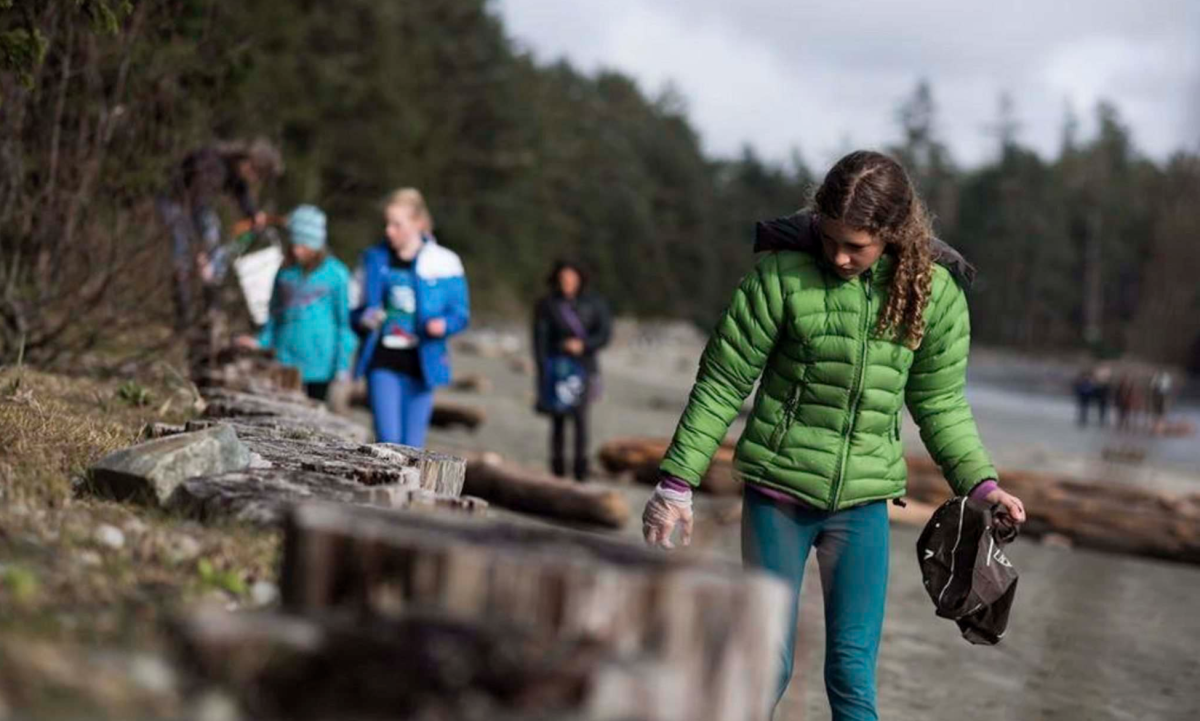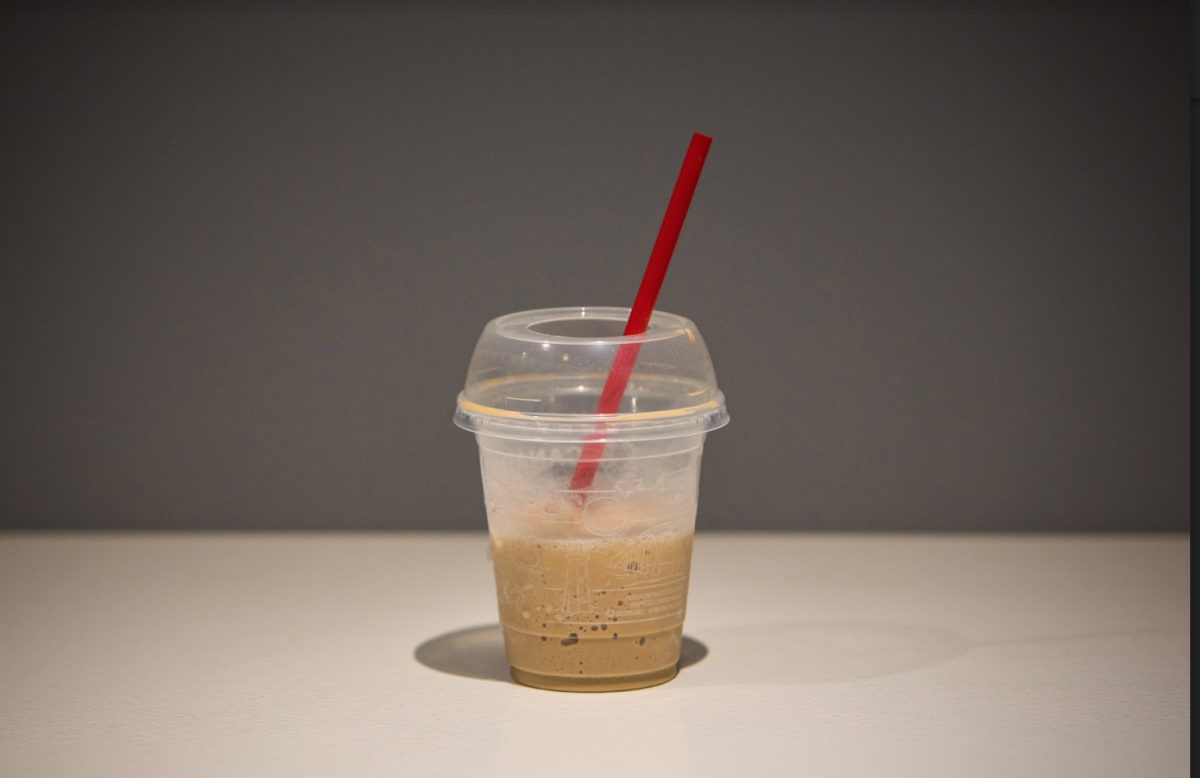Support strong Canadian climate journalism for 2025
Of all the plastic products we use and take for granted, plastic drinking straws are among the most unnecessary.
Designed to be used once and discarded, their only real purpose is to keep your mouth from touching a glass or ice. It made more sense in the days when contaminated vessels were more of an issue.
Now, there’s a movement to get people and businesses to ditch the straws. It may not seem like a big deal, but it is. In the U.S. alone, people discard 500 million straws every day, or more than 180 billion a year. That’s about 1.4 million kilograms of plastic sent to landfills and into the oceans every day!
The rise of the nefarious straw
Drinking straws have a long history and weren’t always a big problem. The first ones were made from straw, or any strawlike grass or plant.
That changed in the 1880s when Washington, D.C., resident Marvin Stone was drinking a mint julep through a rye grass stalk. He didn’t like the residue it left in his drink, and so he wrapped paper around a pencil, removed the pencil, glued the paper together and a straw was born! In 1888, Stone patented a version made from manila paper coated with paraffin.
Forty years later, Joseph B. Friedman saw that his daughter was having difficulty drinking through a straight straw. He inserted a screw into a straw, wrapped dental floss around the ridges, removed the screw and invented the flexible or “bendy” straw, which he patented in 1937.
The explosion of plastic’s popularity in the 1960s and into the ’70s spelled the demise of the paper straw. After that, most drinking straw innovations were as much about marketing as function — including the twisty Krazy Straw and the wide straw-and-spoon combo used to drink slushy drinks.

There is another way
Plastic straws are now ubiquitous. Whether you’re ordering a takeout drink, cold coffee beverage, bar cocktail or glass of water in a restaurant, you’ll likely get a plastic straw unless you request your drink without it. And you should.
As a Treehugger article notes, they don’t biodegrade, they’re difficult to recycle, they leach toxic chemicals into the ground and they can end up in oceans. Often, they’re incinerated, which puts toxins into the air.
Numerous campaigns have sprung up to get people to forgo drinking straws — or at least to use less environmentally damaging alternatives. Some restaurants have stopped automatically putting them in drinks, and others are using compostable straws, but most still offer plastic.
International spirits company Bacardi has joined with the Surfrider Foundation for a “no-straw movement” as part of its Good Spirited: Building a Sustainable Future program. Surfrider, which has led campaigns against plastic bags, discarded cigarette butts and other ocean threats, has a “Straws Suck” campaign that encourages businesses to get rid of straws. In doing so, bars, restaurants and stores can save money as well as reduce environmental impacts.
As for alternatives, several companies sell re-usable and biodegradable straws made from metal, glass, bamboo, straw or paper. Some come with cleaning brushes. One company is even making straws from pasta, which can be cooked later!
Scrap the straws
According to the anti-straw group the Last Plastic Straw, 80 to 90 per cent of marine debris is plastic, and as much as 80 per cent of that came from plastics discarded on land. Researchers estimate eight million tonnes of plastic garbage enter the oceans from land every year.
Plastic straws are among the top 10 litter items picked up during beach cleanups, with thousands picked up every year. Cigarette butts are the most numerous items picked up, with plastic bottles and caps, food wrappers and bags also in the top 10.
Avoiding plastic straws won’t save the oceans or the world on its own, but as we’ve seen with plastic bags and public smoking, when people start thinking about their habits and making small changes, they can bring about shifts in consciousness that lead to wider societal changes.
Ordering your drinks without straws is a small sacrifice but a big step to reducing the amount of plastic we produce and waste. Giving up disposable drink bottles, plastic grocery bags and other unnecessary plastic items, and encouraging businesses to offer alternatives, will also help.
— written with contributions from David Suzuki Foundation senior editor Ian Hanington






Comments